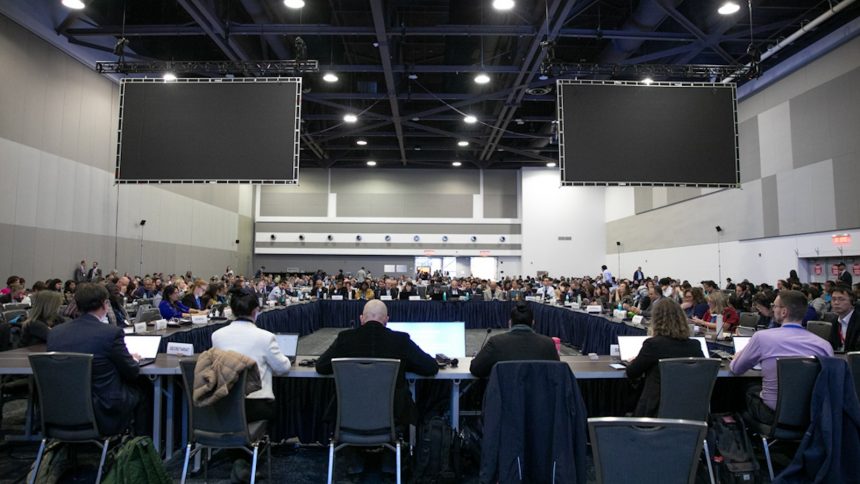In a significant shift, the Biden administration has announced that U.S. negotiators will now back limits on plastic production as part of the global plastics treaty being developed by the United Nations. This change, revealed during closed-door meetings this week and reported by Reuters, marks a departure from the previous U.S. stance of focusing on recycling and cleaning up plastic waste. The move has been welcomed by environmental groups, such as the Environmental Investigation Agency, who see it as a positive step towards curbing plastic production globally.
Negotiations for the plastics treaty have been ongoing since March 2022, and progress has been slow due to disagreements over the scope of the treaty. A coalition of countries, including Canada, Norway, Peru, Rwanda, and the U.K., supported by scientists and environmental organizations, has been advocating for strict measures to reduce plastic production. They argue that limiting plastic production is essential to combat climate change, as plastics are mostly made from fossil fuels and contribute to global warming.
The U.S.’s new position, which also includes supporting restrictions on hazardous chemicals and problematic plastics, is seen as a potential game-changer in the negotiations. The country’s influence in the talks, along with its significant plastic production capacity, could sway other nations to join the high-ambition coalition backing production limits.
However, industry groups like the American Chemistry Council and the Plastics Industry Association have criticized the U.S. for its change in stance, calling it detrimental to American manufacturers and workers. They argue that limiting plastic production could lead to job losses, higher costs of goods, and hinder sustainable development goals.
Despite the backlash from industry, public support for measures to reduce plastic production is strong. Polls show that the majority of Americans are in favor of policies to address the plastics crisis, including limits on plastic production. Environmental advocates are hopeful that the U.S.’s new position will lead to tangible outcomes in the upcoming final round of plastics treaty negotiations in South Korea.






